There are certain conveniences Americans enjoy in their everyday life that are actually luxuries in many countries around the world. Today, we share 20 of these privileges that are the most overlooked by people in the U.S.
Clean Tap Water

Although the U.S. isn’t particularly the best country when it comes to access to clean water, it still ranks highly here. This is according to Yale’s Environmental Performance Index (EPI). Many Americans can turn on tap water every day without worrying about contamination. And this can’t be said for people who especially live in sub-Saharan Africa and parts of Asia.
Public Libraries

Americans have extensive access to books for free, thanks to public libraries. In fact, the Institute of Museum and Library Services (IMLS) shares that over 96% of Americans enjoy this privilege, and this is in contrast to many countries (even developed countries) that struggle to offer this level of free education.
Reliable Electricity
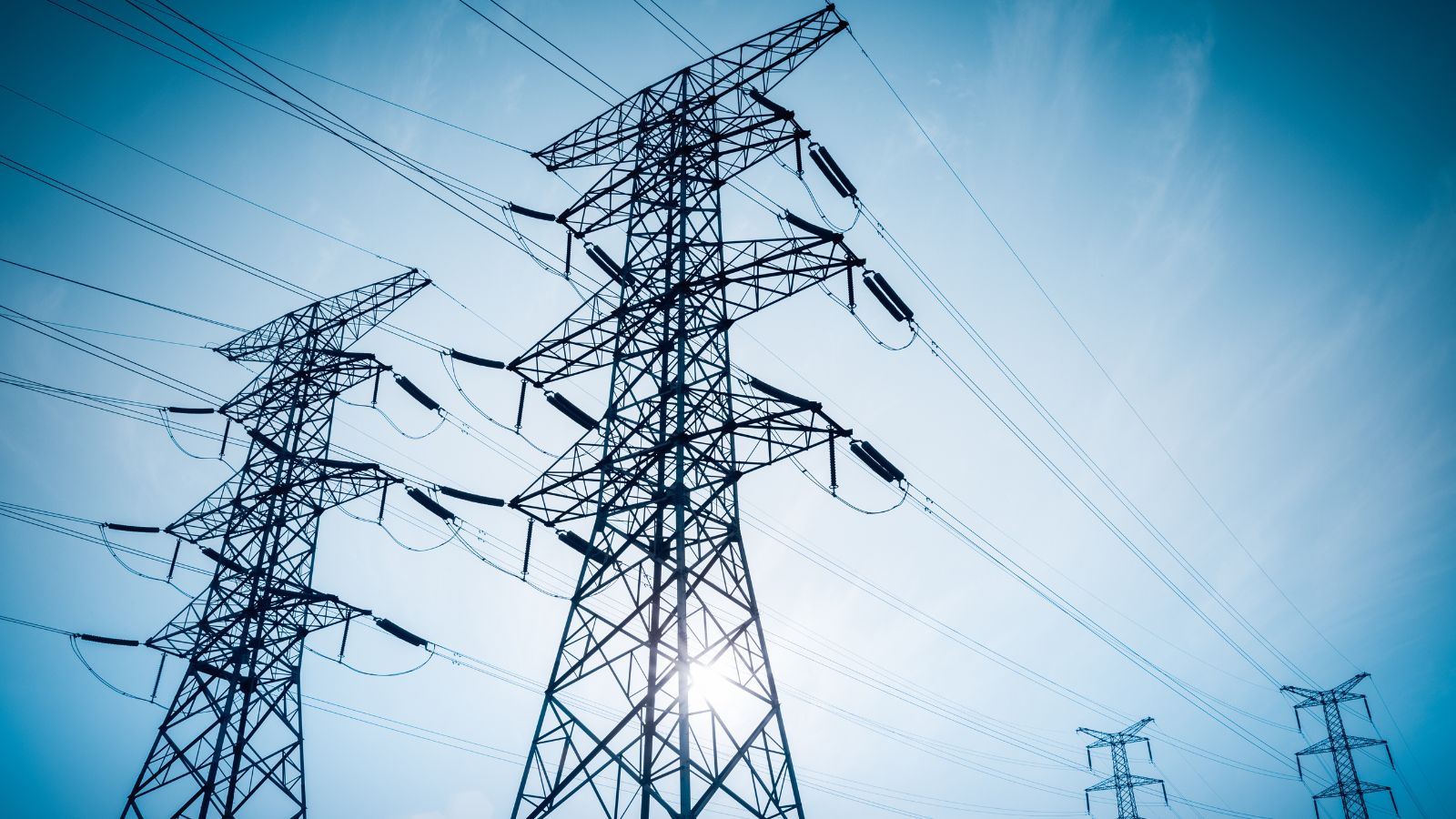
People in the U.S. also enjoy uninterrupted access to power to support their work, entertainment, and every other aspect of their daily lives. This is unlike residents of rural areas in countries like India and parts of Africa that struggle with electricity activities and even suffer economic stagnancy because of it.
Road Infrastructure
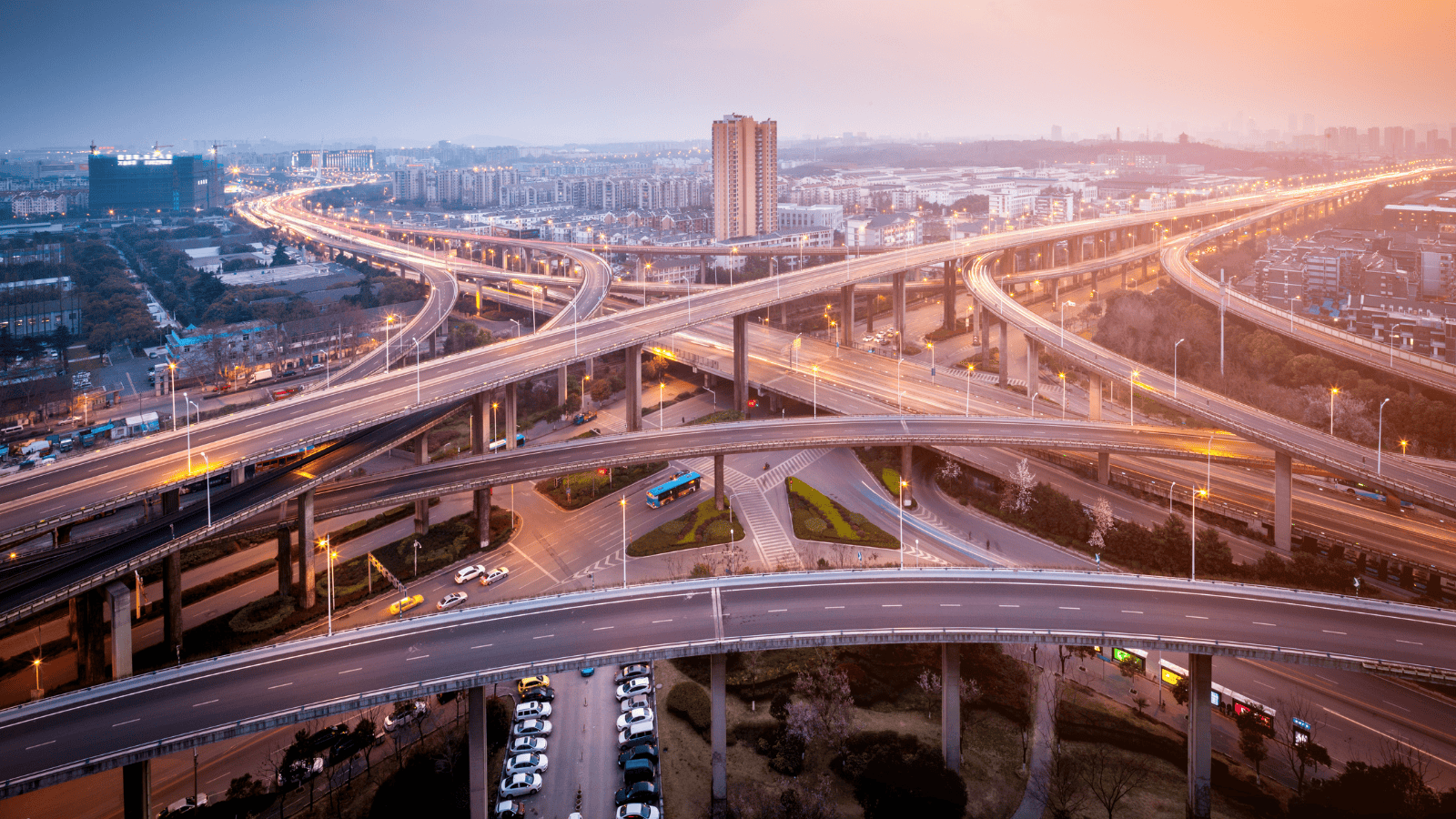
In the U.S., reliable infrastructure supports economic activity and connects communities, and CNBC shares that residents of Illinois, Minnesota, and Georgia enjoy this the most. Many countries, including those in parts of Africa and South America, struggle with poor road conditions, and this makes travel difficult and dangerous and also hinders economic development.
Grocery Stores

Consider the convenience of having a grocery store stocked with diverse food options nearby. Americans enjoy this luxury, whereas in many parts of the world, such as rural areas in South America and Asia, access to fresh produce and a variety of foods is limited, impacting nutrition and lifestyle.
Emergency Services
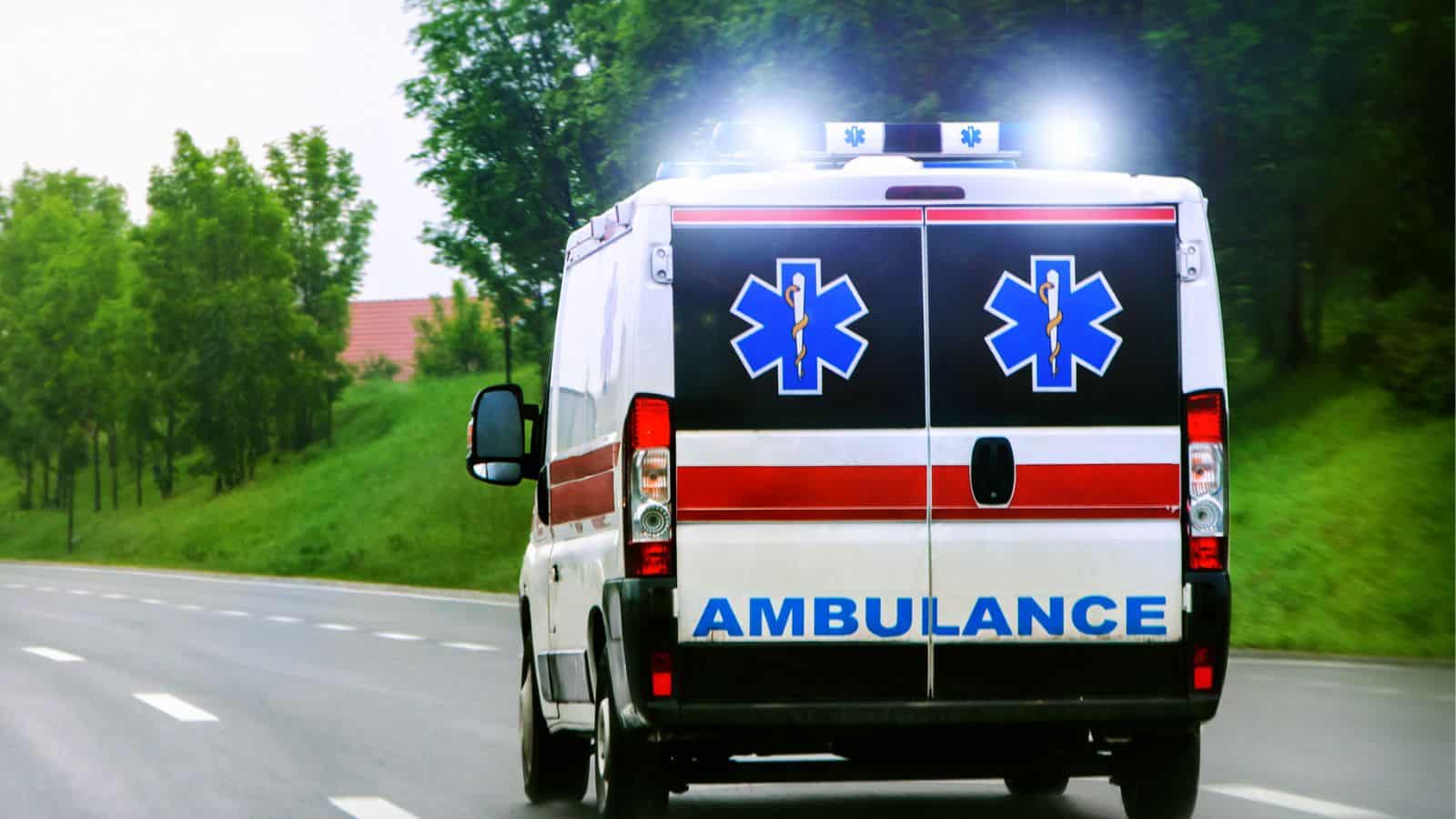
Americans also get almost immediate help during an emergency with just a phone call. Of course, this is thanks to the all-too-popular 911 system linked to the police, fire, and medical services. In many countries, such as those in rural or conflict zones, emergency services are either non-existent or severely delayed, putting lives in danger.
Clean Air

Unlike in many regions, like parts of China and India, U.S. environmental regulations maintain air quality and reduce pollution-related health risks. Although the U.S. doesn’t have the best air quality, CNN says the country still ranks high at 16th place according to the EPI—better than 164 other countries compared.
Postal Service
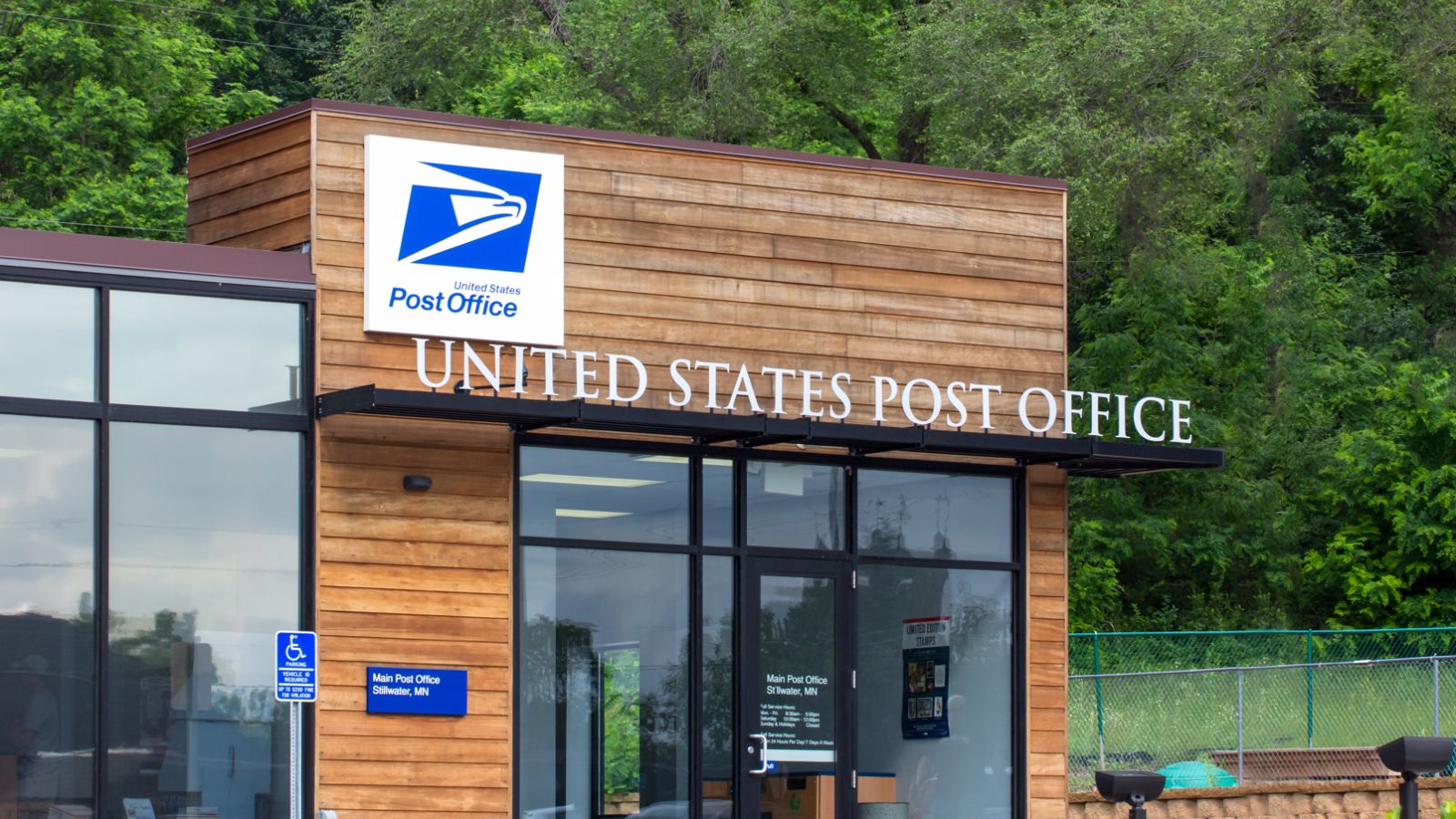
The United States Postal Service brings mail delivery to every American’s doorstep regularly, facilitating communication and commerce. Many countries, especially those with unstable governments or poor infrastructure, struggle with inconsistent postal services. And because of this, we see them struggle sometimes to facilitate both personal and business exchanges.
Public Parks
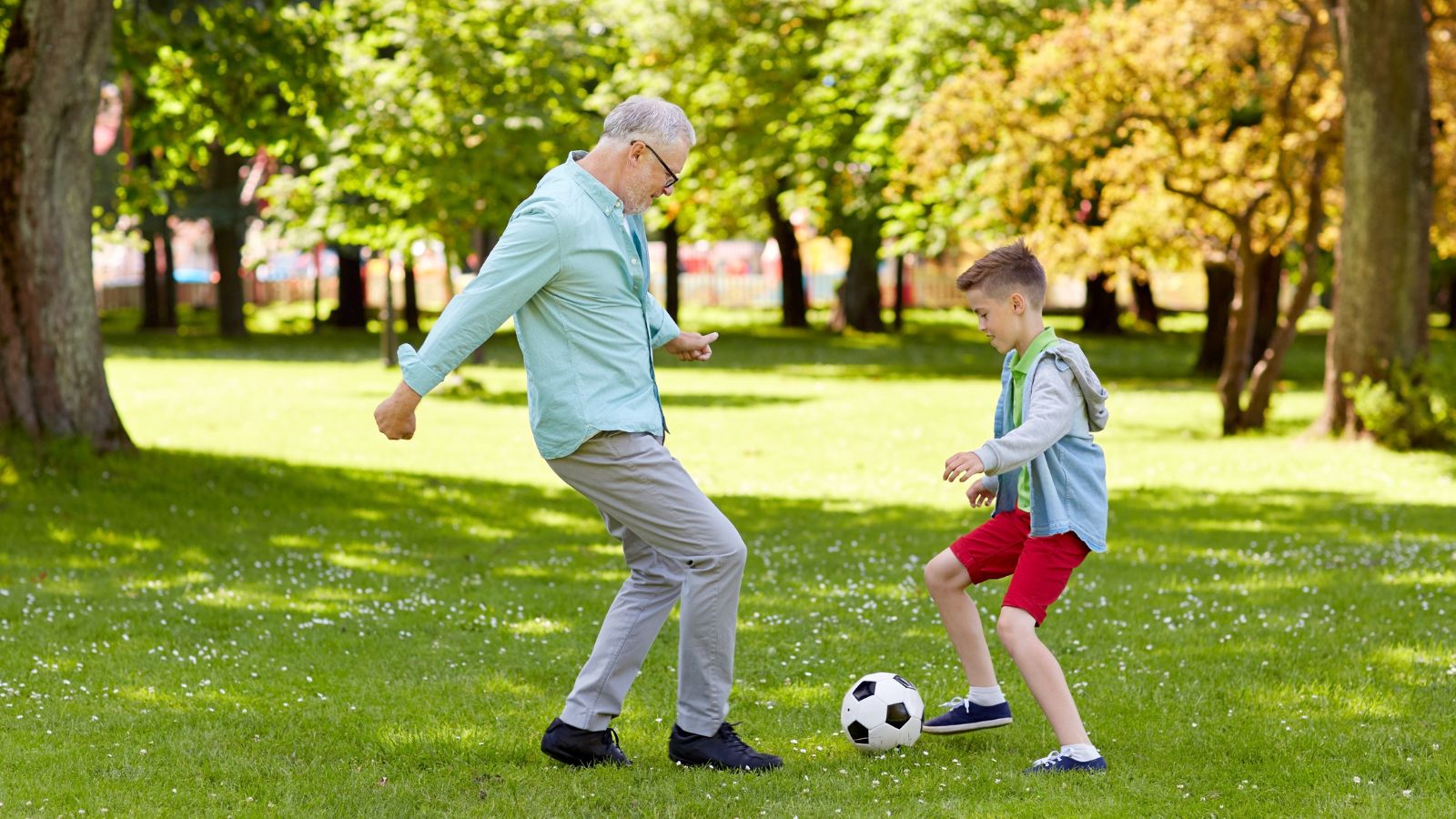
Think of the joy of relaxing in a well-maintained public park. Americans benefit from numerous green spaces that enhance quality of life and community well-being. In many urban areas around the world, such as densely populated cities in Asia, public parks are scarce and often poorly maintained, reducing recreational opportunities.
Internet Access
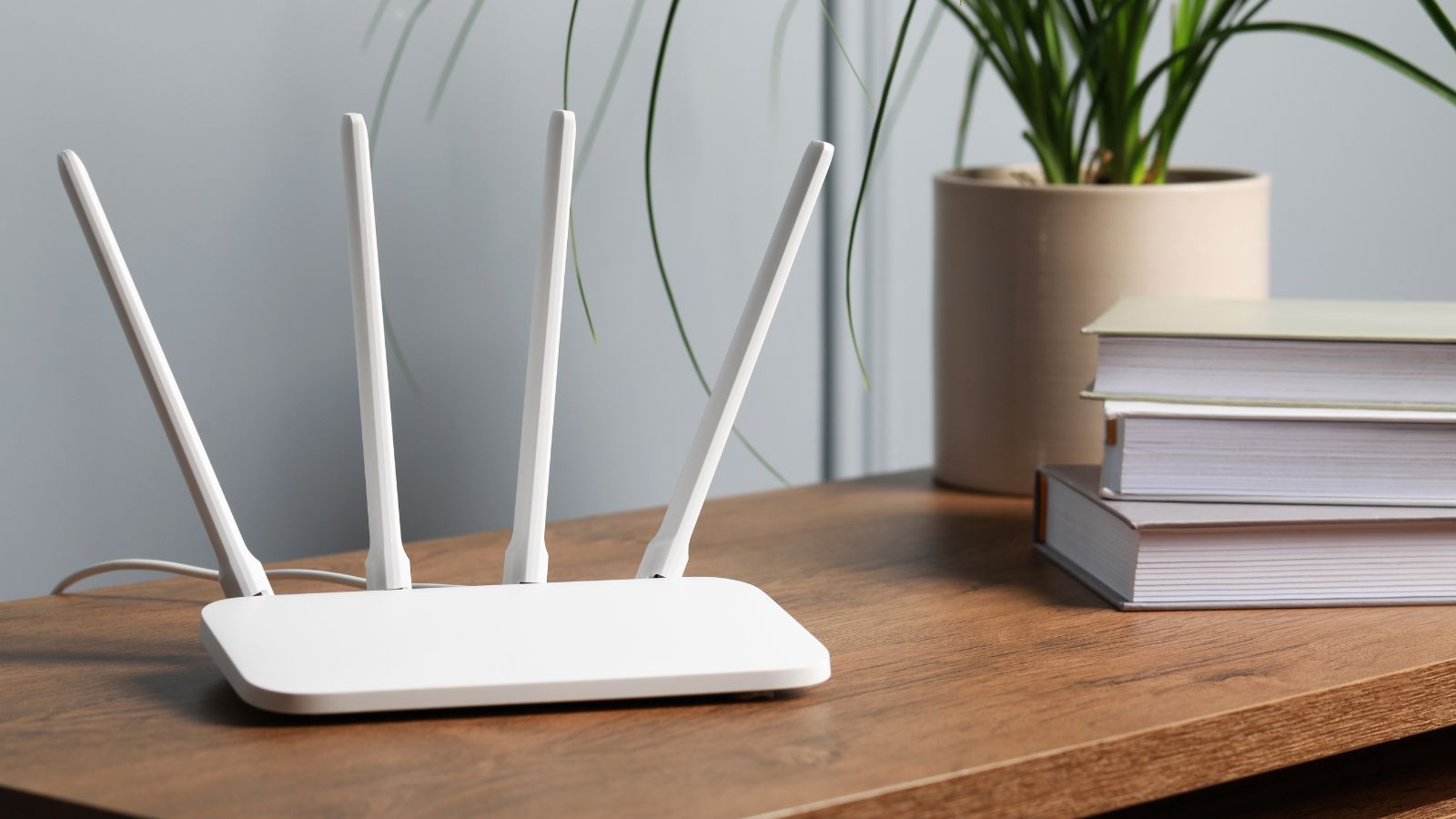
High-speed internet is also readily available at home and in public places in the US, and it’s . a convenience that supports various aspects of American life, including education and entertainment. In contrast, many regions, including parts of Africa and rural areas in other continents, lack reliable internet infrastructure, limiting digital access and opportunities.
Public Transportation
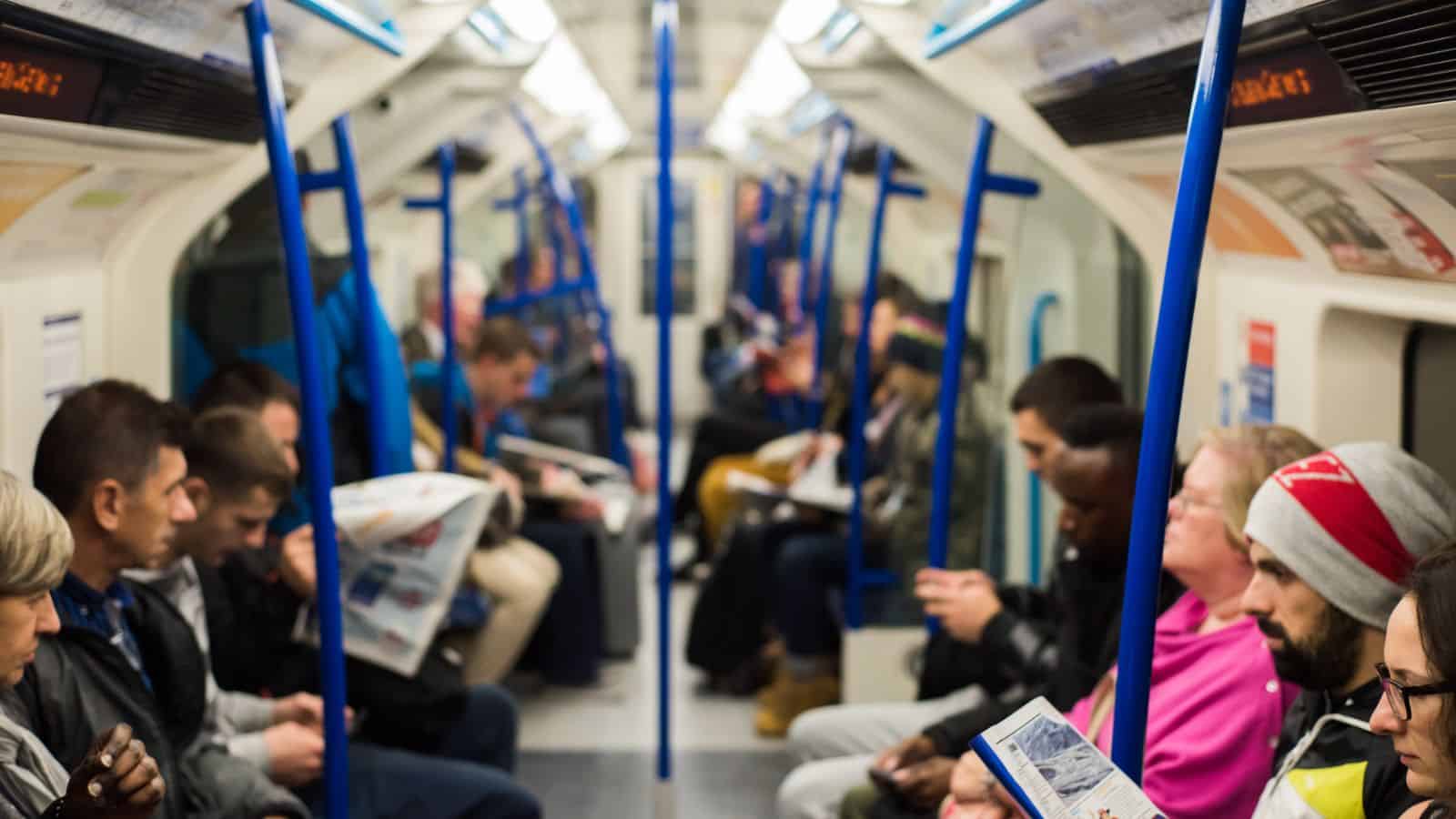
Americans enjoy efficient public transportation, with reliable buses, trains, and subways helping them to navigate their cities easily with. However, in many developing countries, such as those in South America and Southeast Asia, public transportation is often unreliable or unsafe, and this makes daily commutes quite challenging.
Waste Management

Through the regular collection of trash and recycling that keeps your community clean, efficient waste management in the U.S. prevents health and environmental issues. In many places, including parts of Asia and Africa, improper waste disposal is a major cause of pollution and public health crises, affecting everyone’s overall quality of life.
Central Heating and Air Conditioning
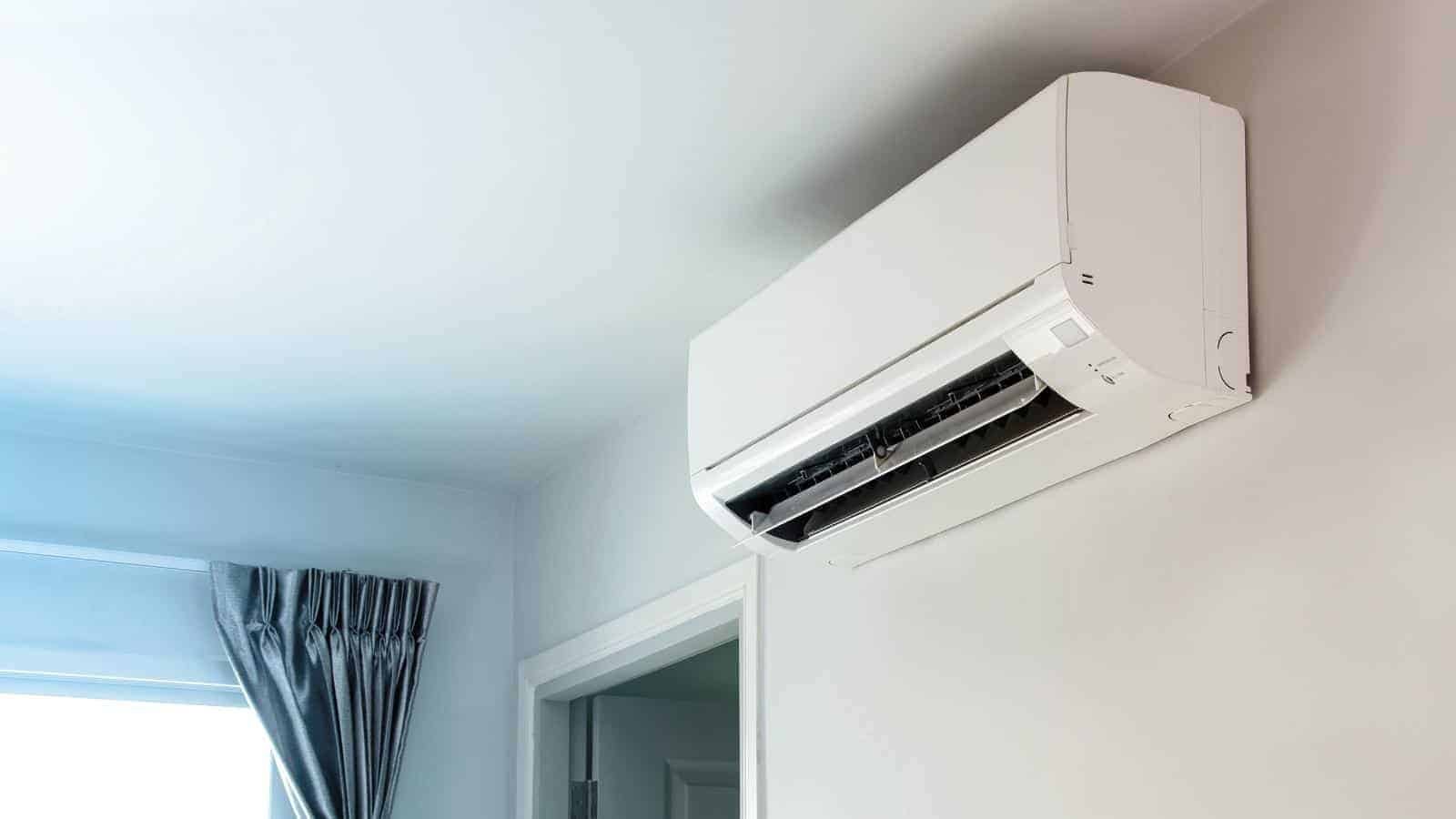
If you enjoy comfortable indoor temperatures regardless of the weather outside, you should also be thankful. Central heating and air conditioning in American homes is a luxury in many regions, such as parts of India and Africa, where we often see people endure extreme temperatures, despite its impact on their health and productivity.
Education System

Consider the benefits of free public schooling for children too. Despite how expensive it is, the U.S. education system still offers accessible learning opportunities, fostering literacy and personal growth all over the country. In many countries, especially in sub-Saharan Africa and parts of South Asia, education is not as accessible or affordable (despite being way cheaper).
Health Care Access

Easy (although expensive) access to healthcare services whenever needed is another luxury Americans benefit from, thanks to hospitals, clinics, and pharmacies. In many regions, such as rural India and parts of Africa, healthcare is limited, with long travel times to medical facilities and inadequate supplies that affect overall well-being.
Voting Rights

U.S. citizens can influence their government and policies through the privilege of voting in free and fair elections—i.e., democracy. In numerous countries, such as those with authoritarian regimes or political instability, voting rights are restricted or compromised, and citizens are sadly restricted from having a say in their governance.
Consumer Protections
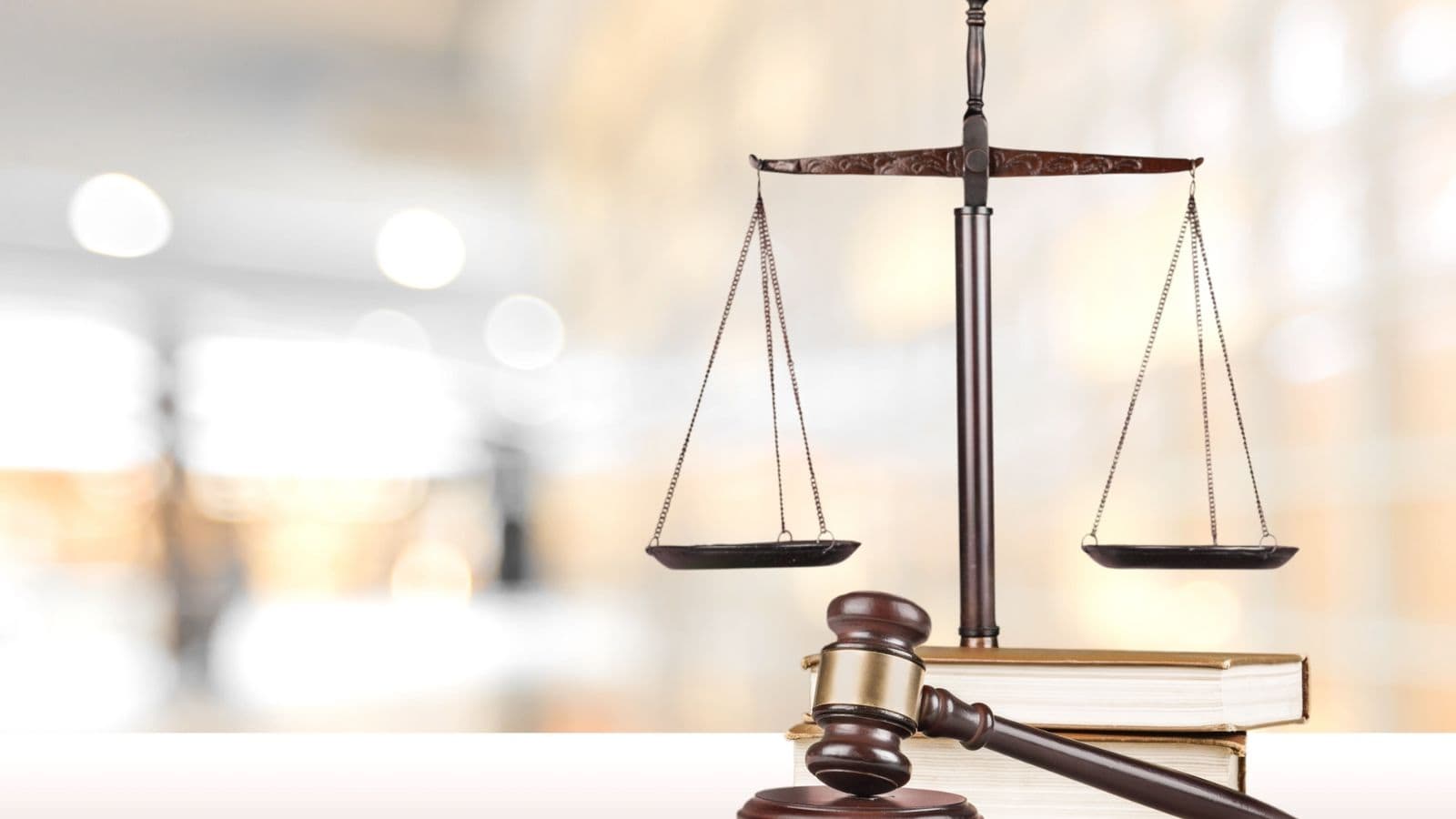
Consider the assurance provided by strong consumer protection laws. And we see this through regulations in the U.S. that safeguard against fraud and ensure product safety. In many places, including some developing countries, consumer rights are weak or poorly enforced, leaving individuals vulnerable to exploitation and unsafe products.
Freedom of Speech
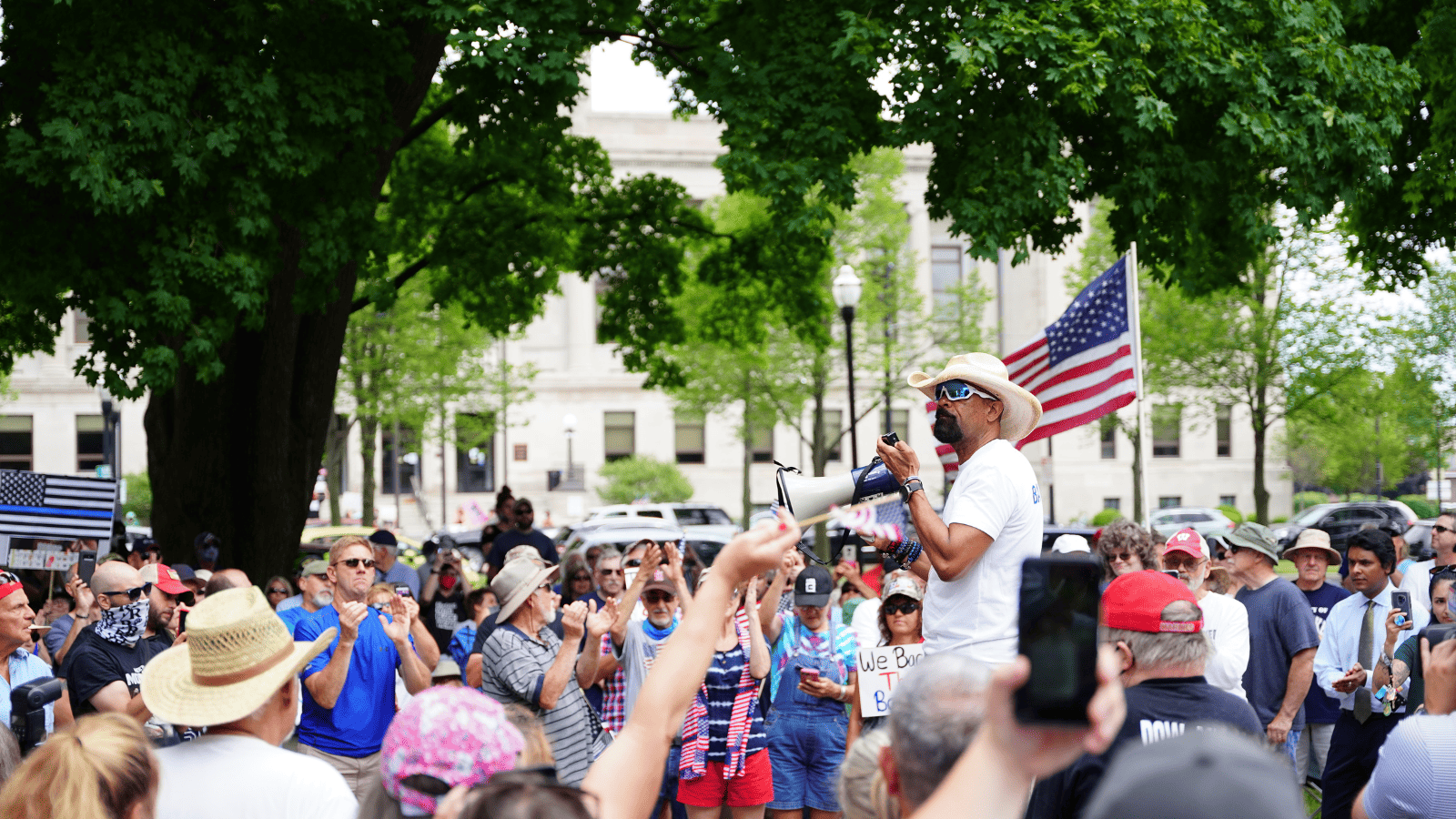
In the U.S., everyone can also express their opinions freely, and this freedom of speech allows for diverse viewpoints and vibrant public discourse. Many countries, such as those with repressive governments, heavily censor speech, stifle freedom and creativity, and go as far as to punish constructively dissenting voices.
Job Opportunities

The diverse U.S. economy allows for a variety of job opportunities available across different industries, and this, in turn, supports the personal and professional growth of its citizens. In regions with limited economic development, such as parts of Africa and Asia, job prospects are scarce, and citizens deal with the resultant high unemployment and limited economic mobility.
Freedom to Travel
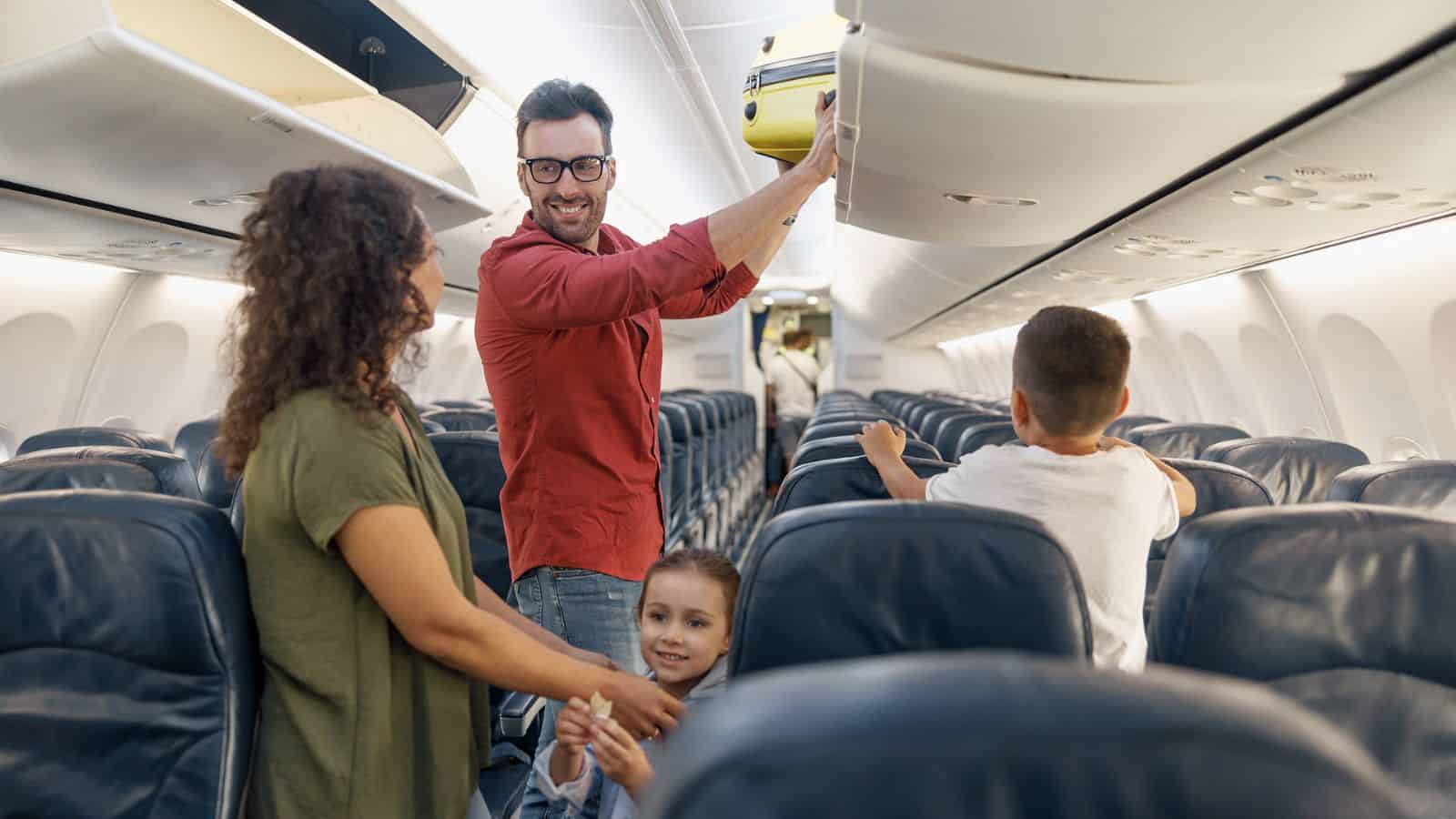
Some people could only imagine traveling with ease, unlike Americans, who actually get to do it. For instance, people in the U.S. enjoy minimal international travel bans and accessible transportation, while residents of many countries, such as those with political unrest or economic barriers, have restrictions to deal with. This complicates mobility and limits their personal and professional experiences.
Up Next: 17 Things Most People Forget After Someone Dies

When a person dies, it’s easy for their partner or family members to overlook things while they process shock and grief. Despite the pain of losing a loved family member, it’s important to remember to organize these 17 things to prevent problems later on.
17 Things Most People Forget After Someone Dies
17 Phrases Confident People Use to Stand Up For Themselves

Confidence is a healthy and attractive trait that helps us stand firm in our values and set healthy boundaries. We can always become more confident, and learning the right ways to stand up for yourself is a great way to start. Here are 17 phrases you can use to do so.
17 Phrases Confident People Use to Stand Up For Themselves
20 Signs Someone Is Only Pretending to Care

Whether it’s to avoid hurting your feelings or if it’s part of a more elaborate plan to deceive you for benefits, people pretend for many reasons. The main theme with them, though, is that their actions never match the sugar-coated words that come out of their mouths. So that you don’t fall for someone like this, we’ve compiled 20 signs for you to look out for.

